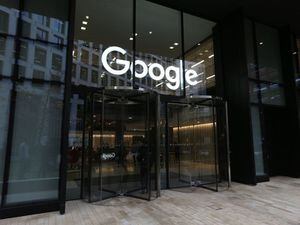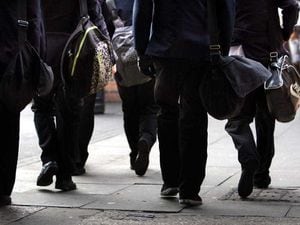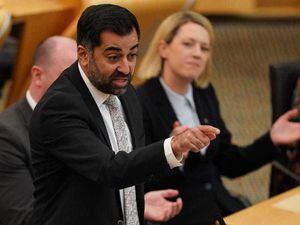Tragedy in the Channel: Why are people crossing in small boats?
Most small boats set off from the northern French coast near Calais and Dunkirk, but the stretch of coastline being used is getting longer.
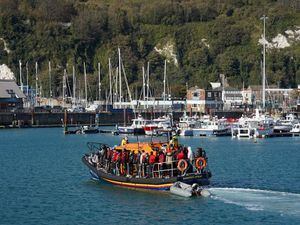
Following the news that dozens of people have died after a migrant boat capsized off the coast of France, the PA news agency looks at some of the key questions concerning the issue of English Channel crossings.
– Where are the people crossing the English Channel in small boats coming from?
Most small boats set off from the northern French coast near Calais and Dunkirk, but the stretch of coastline being used is getting longer.
– Why are they coming to the UK?
Some are fleeing war-torn nations and forced military service, while others have faced persecution for their beliefs or sexuality in their home countries.
Many want to pursue a better life and feel a connection to Britain, whether through knowledge of the English language and culture or because they have family and friends living in the UK.
– Why not stay in France as it is a ‘safe country’?
Migrants living in Calais are often forced to live rough in fields and scrubland and have faced frequent police evictions in recent years following the destruction of The Jungle camp.
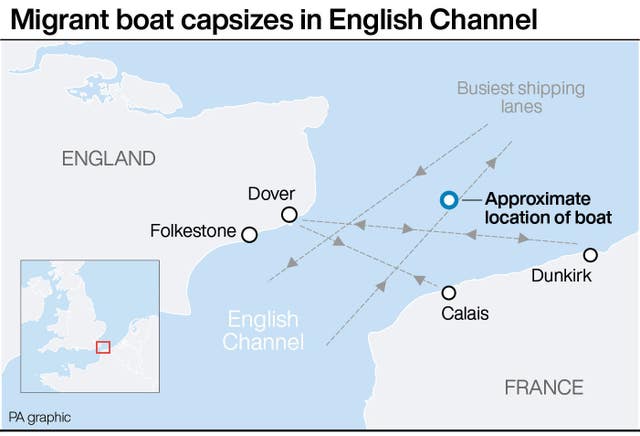
– How are people crossing to the UK, and is it dangerous?
With limited safe and legal routes open to them, those gathered on the northern French coast can feel compelled to resort to very dangerous methods to reach the UK.
Historically many have attempted the journey hidden in the backs of lorries, but recent years have seen a sharp rise in small boat crossings.
Crossing the busy shipping lanes of the English Channel in dinghies is fraught with peril, with more than 30 people dying in a single boat sinking on Wednesday.
– How many people have crossed to the UK in small boats so far this year? How does it compare with last year?
More than 25,700 people have reached the UK in small boats this year, according to data compiled by PA.
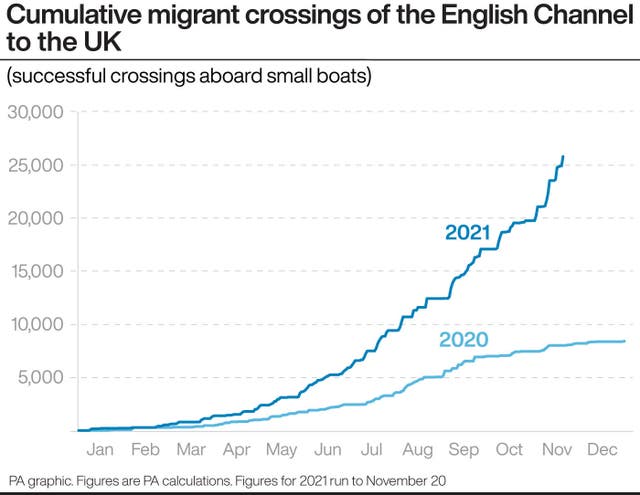
– What UK resources are available in the Channel?
Border Force only has a limited number of cutters and patrol boats – the vessels it uses to intercept boats and bring people ashore.
When a surge of crossings happen all at once, Border Force, RNLI and Coastguard teams can be overwhelmed and cannot address all the incidents at the same time.
– Can UK Border Force turn them away in the Channel?
So-called “pushbacks” of small boats in the Channel are very difficult and there is heated debate over their legality.
Charities fear that seeking to turn boats away while on the water could put lives at risk and the Home Office has not confirmed when or if the tactic will be put into practice.
– What happens when people reach UK waters?
A large proportion – perhaps the great majority – of boats are intercepted by Border Force or the RNLI once they reach UK waters, while some land on beaches.
Contrary to some reports, the vast majority (98% for January-September 2020) of people reaching the UK in small boats claim asylum, rather than seeking to “disappear”.
The asylum process can be lengthy, with some waiting months or years for a decision.
– How do numbers of arrivals in the UK compare with the rest of Europe? Are asylum claims going up?
The UK continues to see far fewer boat arrivals and asylum claims than many of its European counterparts.
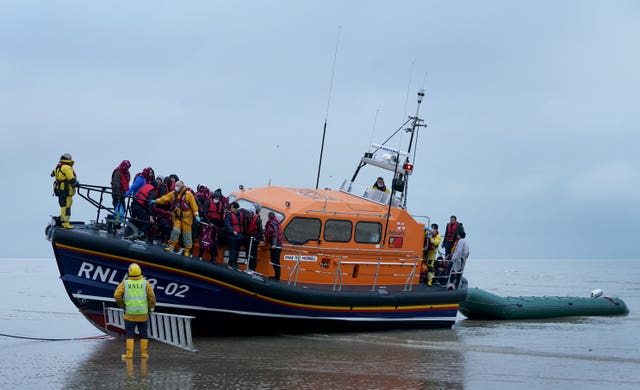
Asylum applications in the UK have remained steady over the last few years despite the rise in small boat arrivals, with 14,670 claims lodged in the first six months of 2021, compared with 13,370 in the same period in 2020 and 16,619 in the same period in 2019.
– What does the UK Government say about the crossings?
In 2019, Home Secretary Priti Patel promised to make migrant crossings an “infrequent phenomenon” by spring 2020 and then pledged in August last year to “make this route unviable”.
The Government says its new New Plan for Immigration will “fix the system” but its Nationality and Borders Bill has been criticised by charities.
Prime Minister Boris Johnson said he was “shocked, appalled and deeply saddened” about the tragedy on Wednesday and hit out at people trafficking gangs who are “literally getting away with murder”.
– What do charities say about the issue?
Charities and aid organisations have long called for the Government to set up more safe and legal routes for people to claim asylum in Britain.
Currently the law means that people can only claim asylum in the UK if they are physically present in the country, which some people fear encourages the dangerous journeys.

